 System Tutorial
System Tutorial
 Windows Series
Windows Series
 Stop Obsessing Over FPS—Why Good-Enough Hardware Is the Future of Gaming
Stop Obsessing Over FPS—Why Good-Enough Hardware Is the Future of Gaming
Stop Obsessing Over FPS—Why Good-Enough Hardware Is the Future of Gaming
Jun 24, 2025 am 10:45 AMI tried firing up Satisfactory on my Chromebook and the menu was running at 10 to 15 FPS at the lowest possible settings. The graphics really didn’t look all that bad, but the FPS made me say, “This isn’t worth playing.”
So, yes, FPS does matter in gaming. However, there are other parts of the gaming experience that are more important than chasing the rarely-obtainable perfect FPS in every single game.
FPS Is Not the End-All Measurement of a Gaming Experience
When was the last time you actually sat down and looked at all the graphics settings available on a console compared to a computer? There are barely any options on most consoles, yet PCs are inundated with massive lists of options.
This is because the two types of gaming focus on different considerations. PC gamers typically want to tweak every little thing to make the game “l(fā)ook the best it possibly can,” while console gamers just want a nice, playable experience.
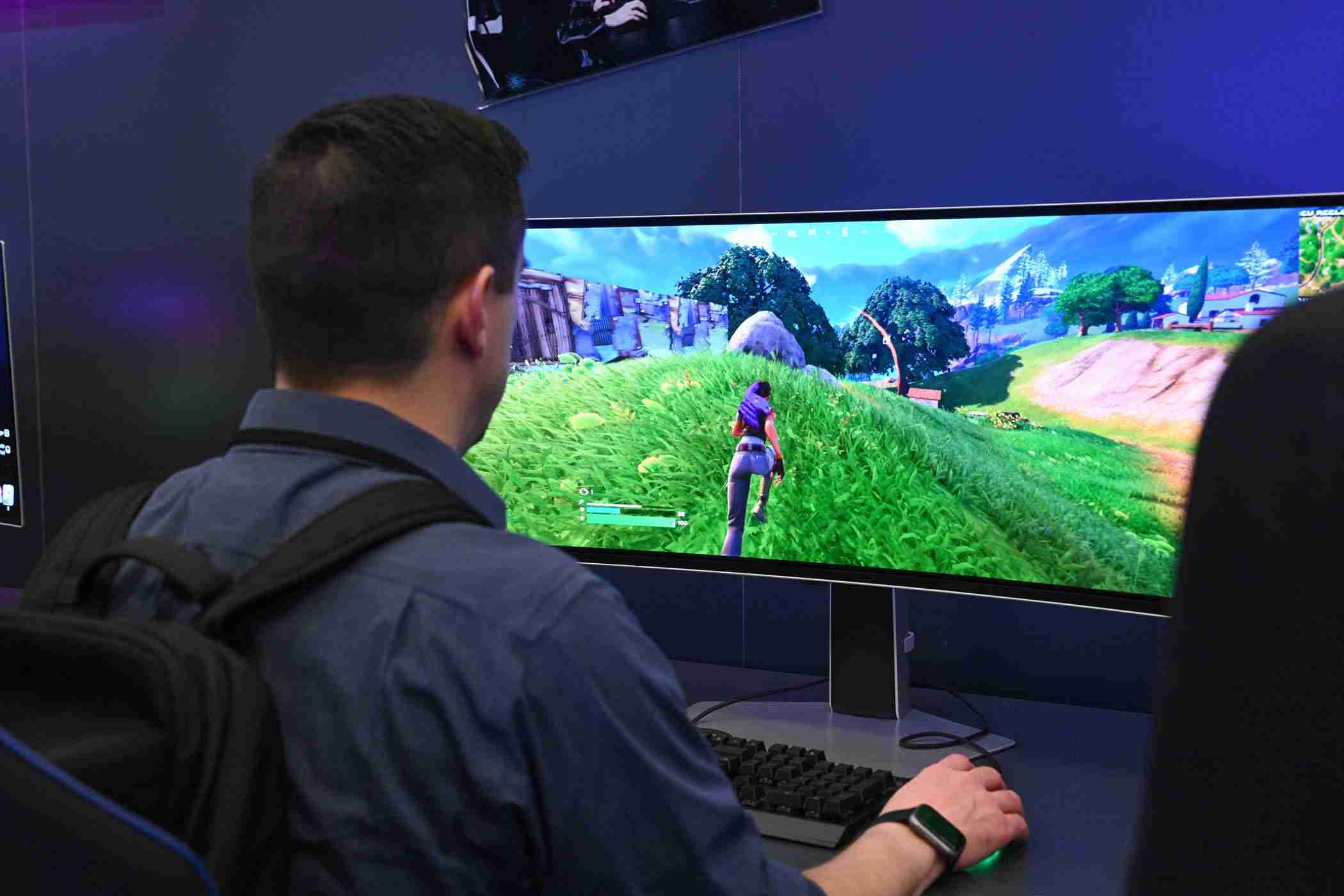 Related
Related Here's How I Optimize My PC for Gaming (Without Buying Anything)
Get more in-game FPS for free!
Would it surprise you to learn that many console games still run at 60 FPS? In fact, until the latest generation of consoles with the PlayStation 5 and Xbox Series X, no games ran higher than 60 FPS, and many still run at 30 FPS.
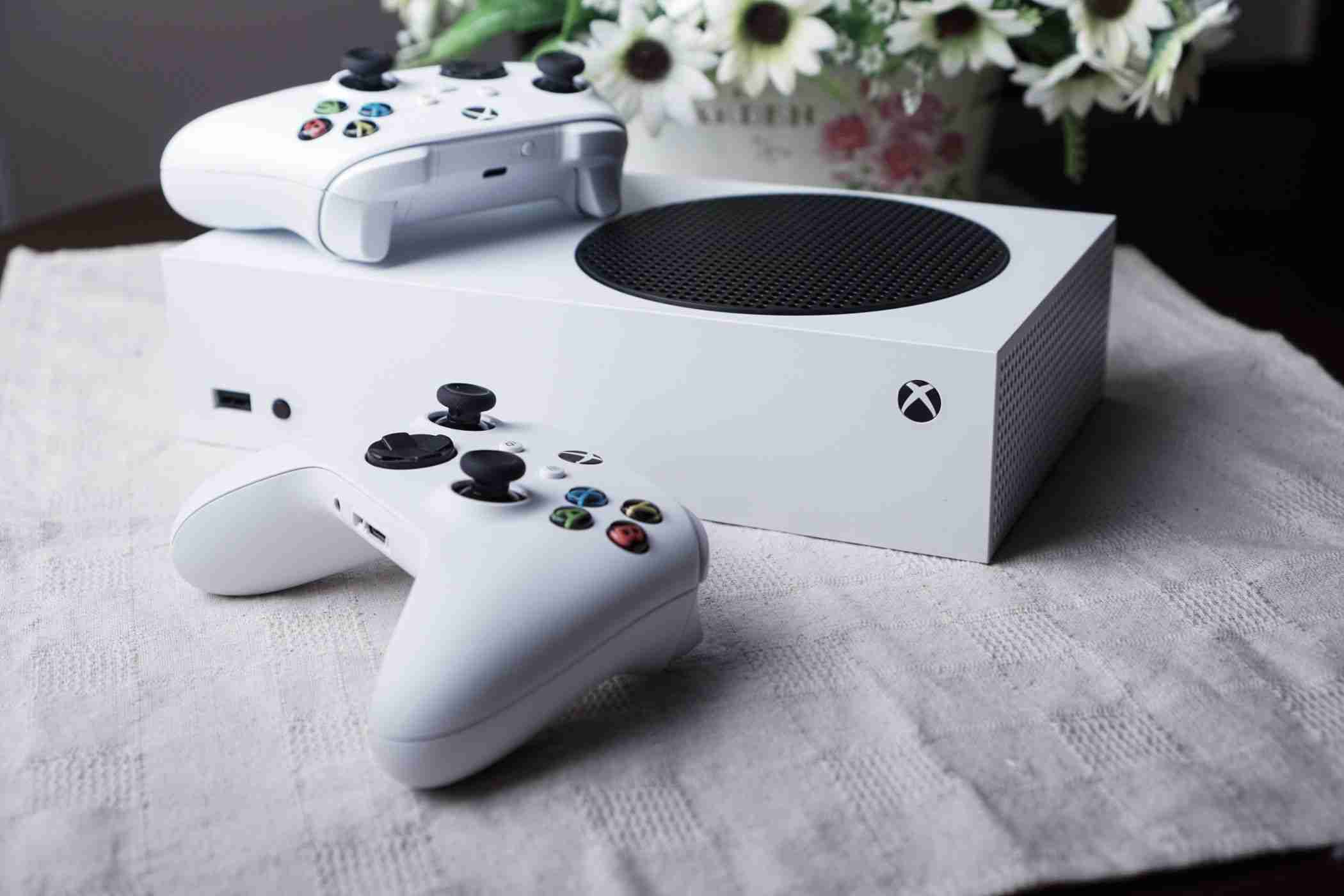
However, on PC, some gamers would consider it blasphemy to run a game at 30 FPS.
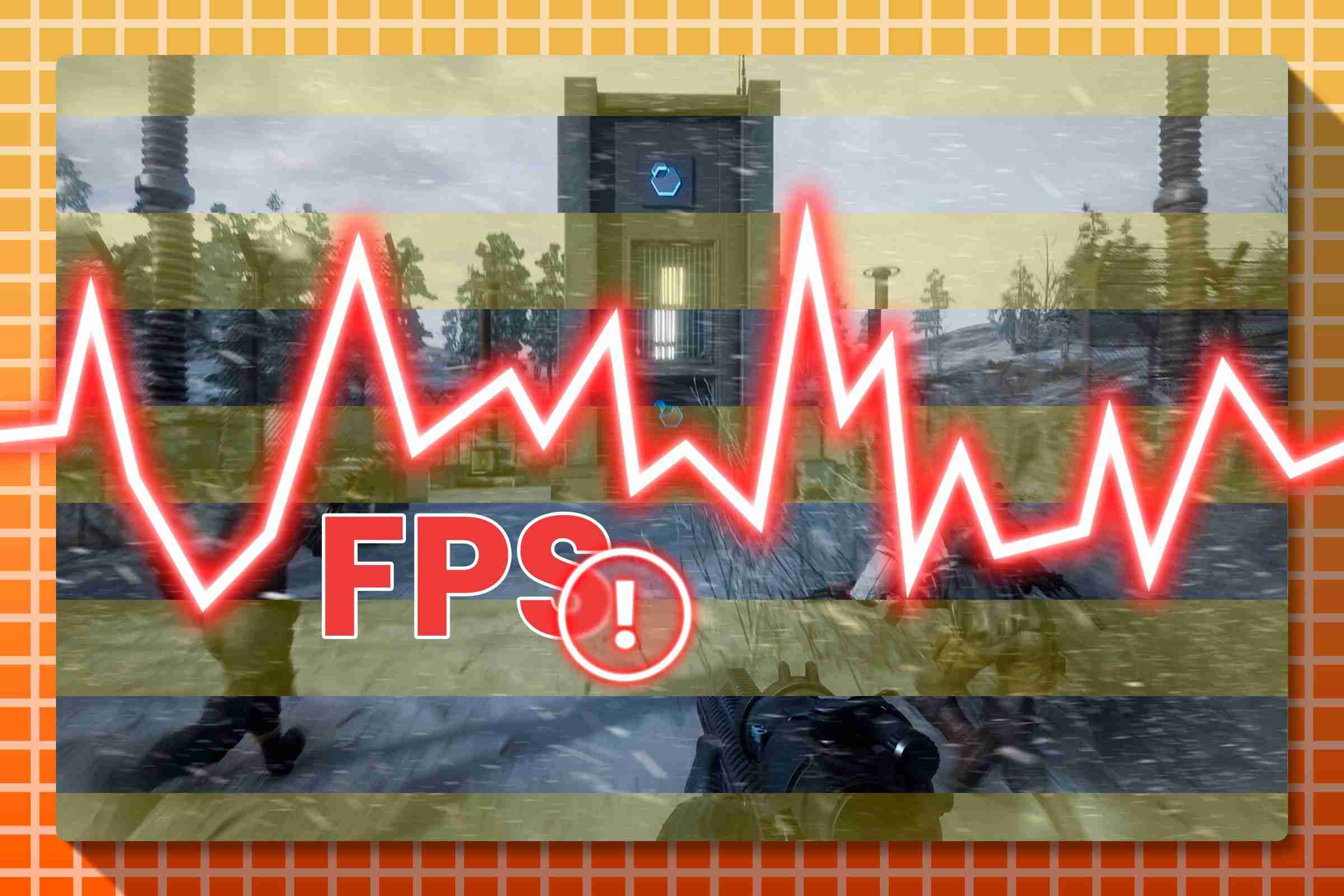 Related
Related The Secret to Better Console Gaming Is Using 40 FPS Modes
High levels of detail and smooth performance at the same time? Sign me up!
However, most people don’t look at a console and say that it’s a terrible experience. It might not be as high fidelity as a $4,000 gaming system, but it doesn’t need to be.
Consoles juggle frame rate with graphic settings behind the scenes to deliver a solid, playable experience. The thing is, you can do the same with your PC, too.
PC gaming just requires that you manually balance frame rate and graphics settings. Unlike consoles, you’re in control of what those settings are, and it’s entirely up to you which you prioritize while playing different games. So, instead of cranking everything up to high then saying "It's time for a new computer!" when the FPS drops below 120 (or even 60), learn to enjoy moderate settings that still deliver great performance.
You Can Still Enjoy Gaming at Sub-240FPS
Certain games, like Call of Duty, CS:GO, or other ultra-fast-paced titles definitely benefit from high frame rates. However, it's really only a big benefit if your monitor has a refresh rate that can match your FPS. A high frame rate doesn't always equate to a better gaming experience.
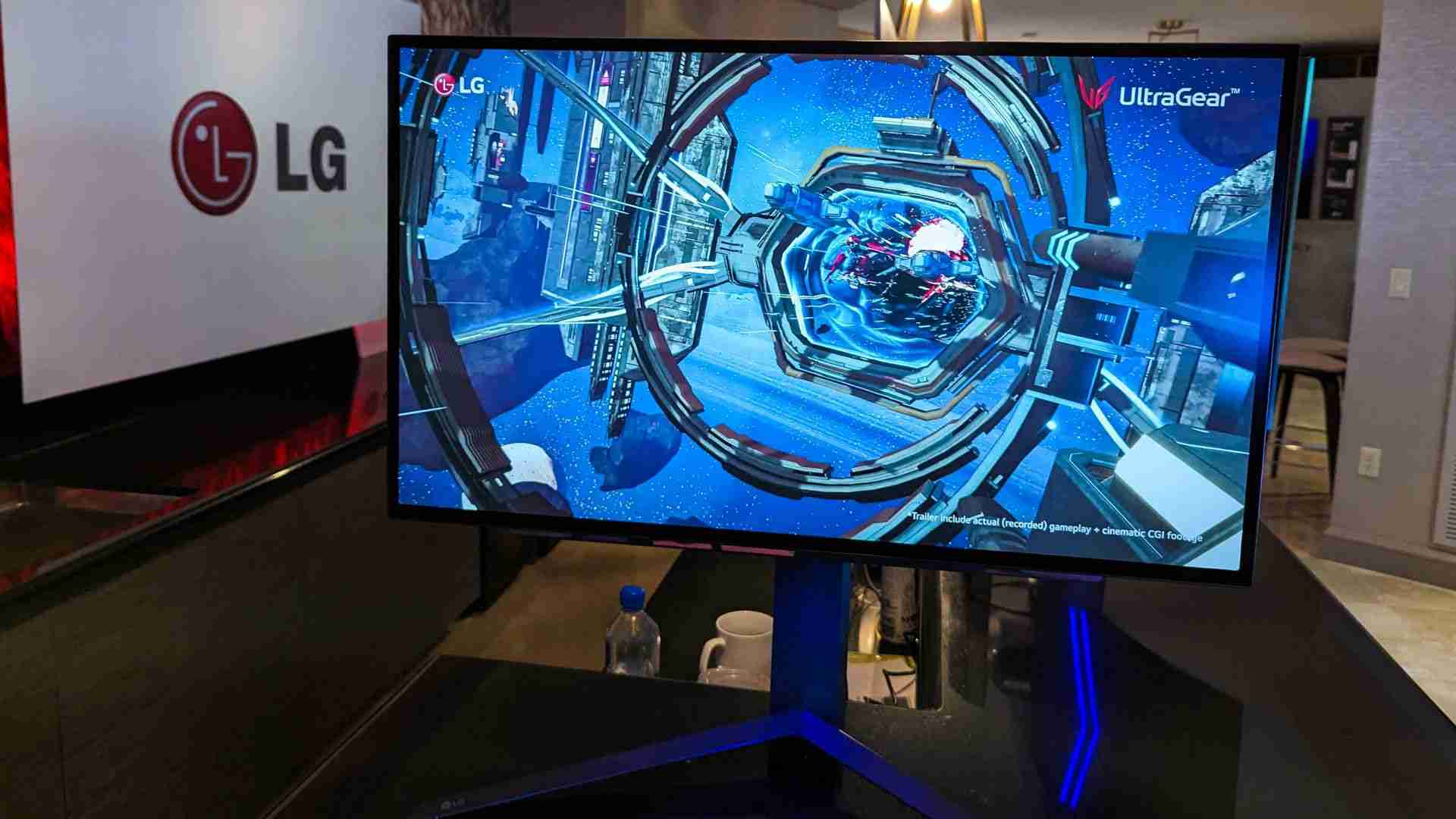 Related
Related FPS vs. Refresh Rate: What Are the Differences?
What makes these two important gaming specifications distinct from each other?
Okay, before you break out the pitchforks, let me explain. I have been a PC gamer for nearly 20 years and have played on all kinds of systems. The thing that I’ve come to realize over almost two decades of gaming is that I want the highest frame rate I can, but I don’t want to sacrifice the experience of actually playing the game.
If you have a 60Hz (or even 120Hz) monitor, and are driving a game at 120 FPS (or 240 FPS), then you're not getting any major net benefit. Your monitor only refreshes so many times per second, after all. Conversely, having a monitor with a refresh rate higher than the FPS your PC can push delivers little benefit.
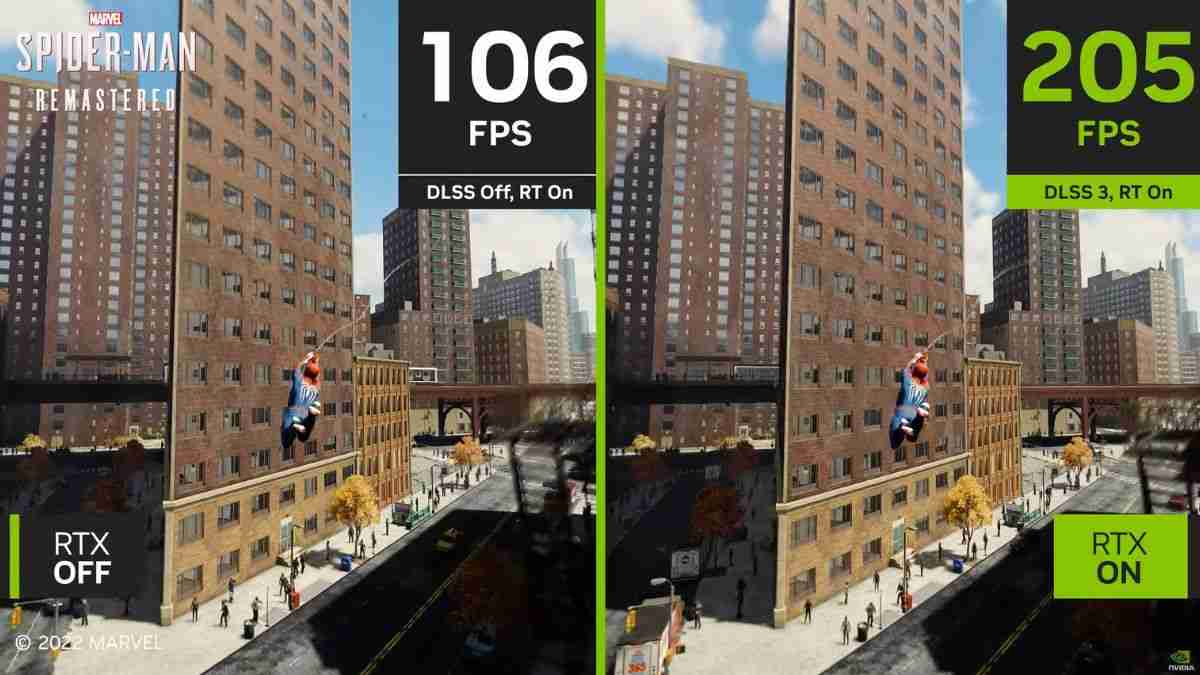
However, while pushing crazy frames per second doesn't give much benefit, having an ultra-low frame rate isn't good, either.
I had the privilege of being at CES 2023 when NVIDIA’s 30-series GPUs were being showcased with the first-generation frame generation. DLSS 3 was relatively new to the scene, and it reshaped how I had to think about computer hardware.
I’m not a fan of the new multi-frame generation that happens on RTX 50-series cards, but RTX 30-series frame generation was literally game-changing. NVIDIA showed me at a demo The Witcher 3 running on low-end hardware that was completely playable.
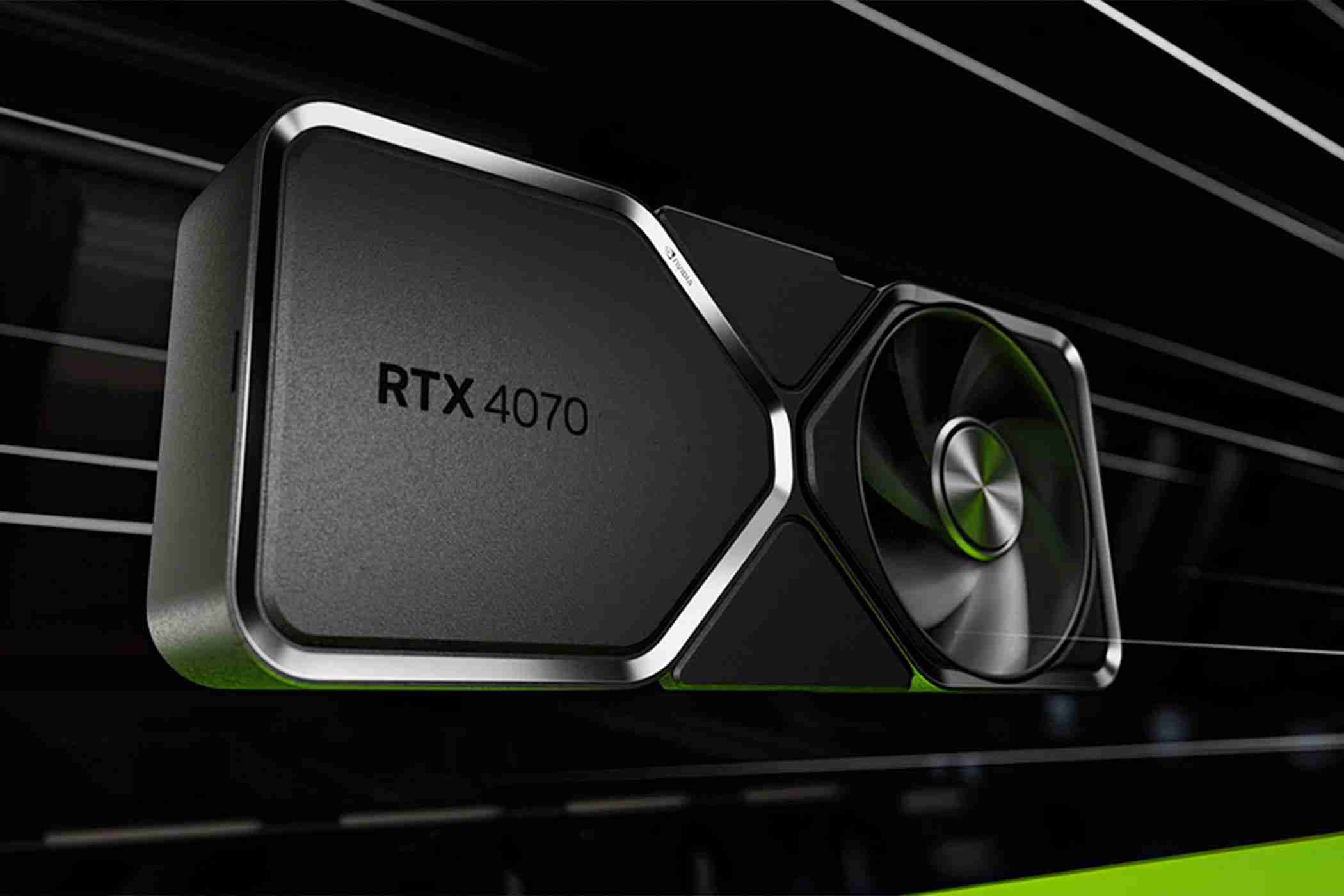 Related
Related 60 FPS Is No Longer Enough, so I’m Turning to Frame Generation
60 FPS is great… if you’re living in 2010.
7Without frame generation, the game ran on the system at around 10 to 15 FPS. However, with frame generation on, it idled around 35 FPS when walking around, with peaks up to 40 FPS.
This made the game playable on a computer that it otherwise wouldn’t have been. And, get this: it wasn’t at 240 FPS, 144 FPS, or even 60 FPS. It was low- to mid-range hardware that chose experience over frame rate, and it was well worth the sacrifice to enjoy the game.
Yes, you can (and should) enjoy gaming even if you’re not setting records for the FPS your system can play a game at.
Turn Down Some Graphics Settings to Boost Your FPS In-Game
I spent several years on low-end graphics cards, and that taught me something important: gaming isn’t about running everything at ultra settings.
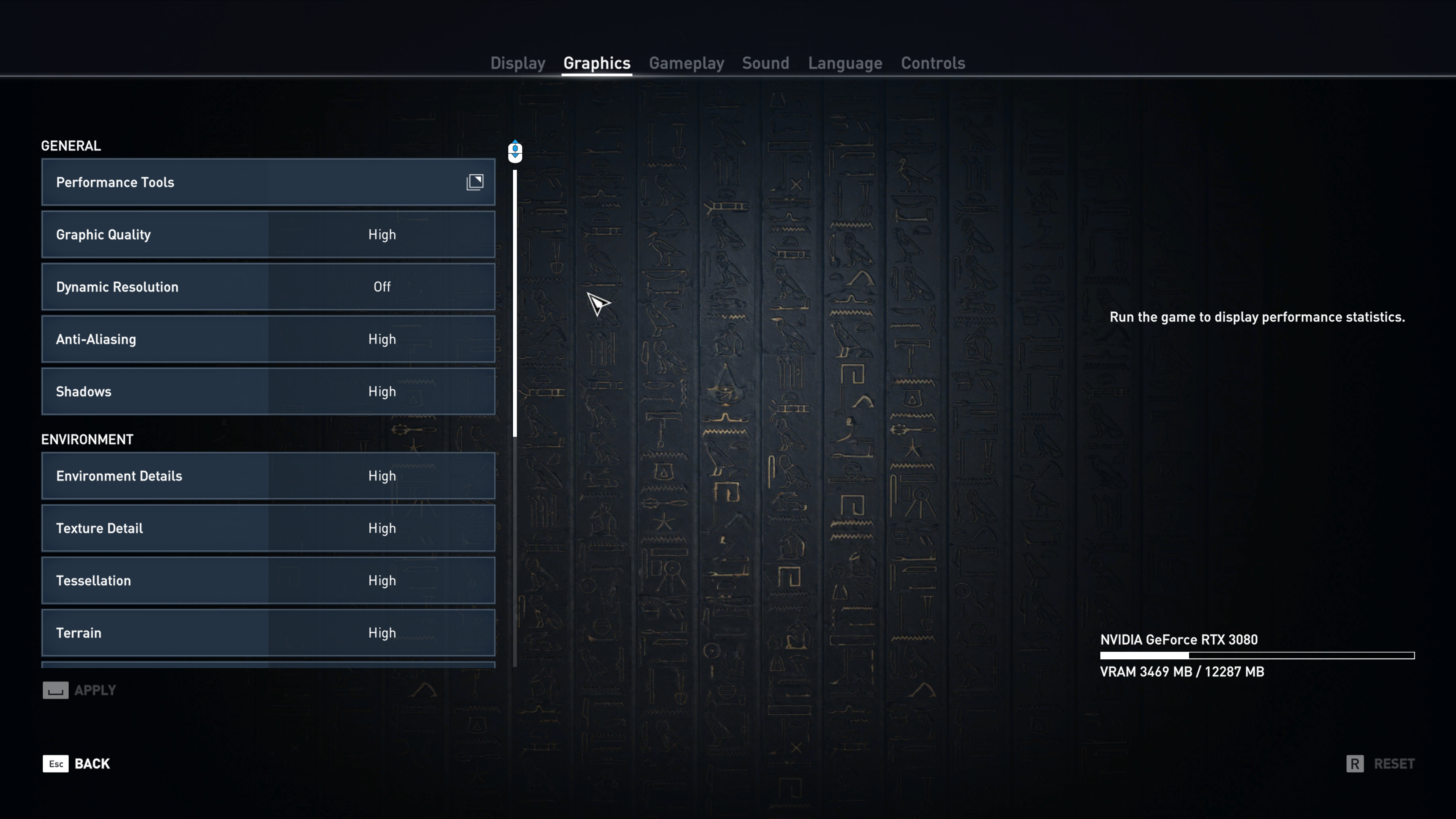
These days, I game on a Ryzen 9 7900X and RTX 3080 12GB, so I can run most games from the past few years at ultra settings. However, I’ve found that, even with this higher-end (slightly older) card, there are times I need to dial things back.
It took me a bit of time to realize that there’s not a huge difference between high and ultra, or medium and high. Yes, there are differences, but playability is far more important than fidelity.
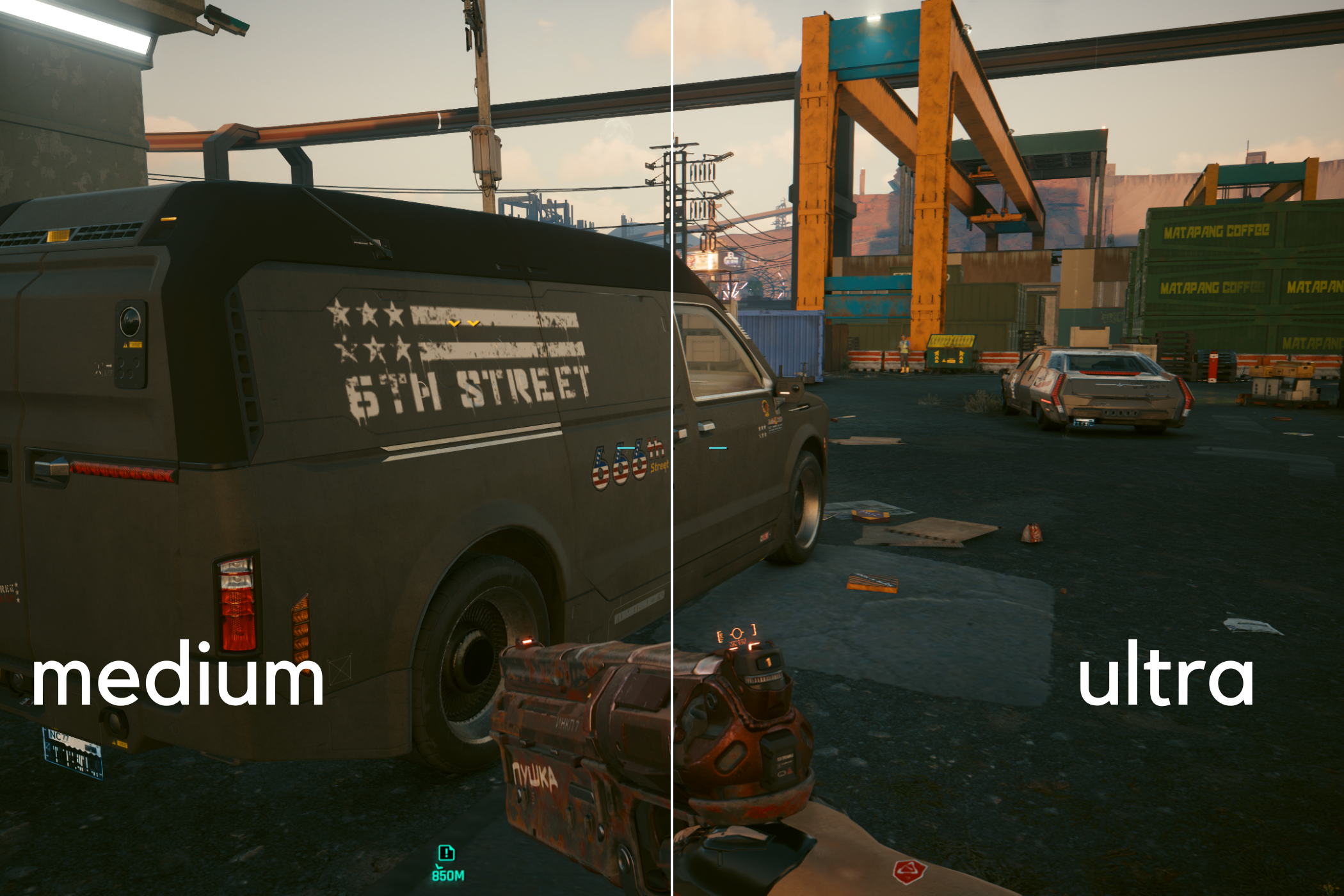 Related
Related Why You Shouldn't Be Afraid of Running Games on Medium Settings
The middle road is very underrated.
1For fast-paced games where FPS matters most, all the particles and other graphic-intensive elements typically get turned down anyway to give you the most uncluttered and distraction-free gaming experience possible.
However, in story-based games, there’s a balance. Typically, I try to push my graphics settings as high as I can, but value hitting at least 60 FPS as an average in-game.
60 FPS is my personal target, and I’m perfectly fine with dialing things back in order to hit that. You should be too. Just because the new Call of Duty drops, and you can’t push it at 4K 144 FPS doesn’t mean it’s time for a new graphics card. Just turn some settings down and enjoy the game.
You Don’t Need the Latest Hardware to Enjoy Playing Brand-New Games in 2025
I used to chase the latest-and-greatest. For a time, I was a custom PC builder, and I was constantly playing with extremely high-end systems. In 2016, I built an SLI GTX 1080 Ti system with 128GB of RAM and the i7-6950X processor.
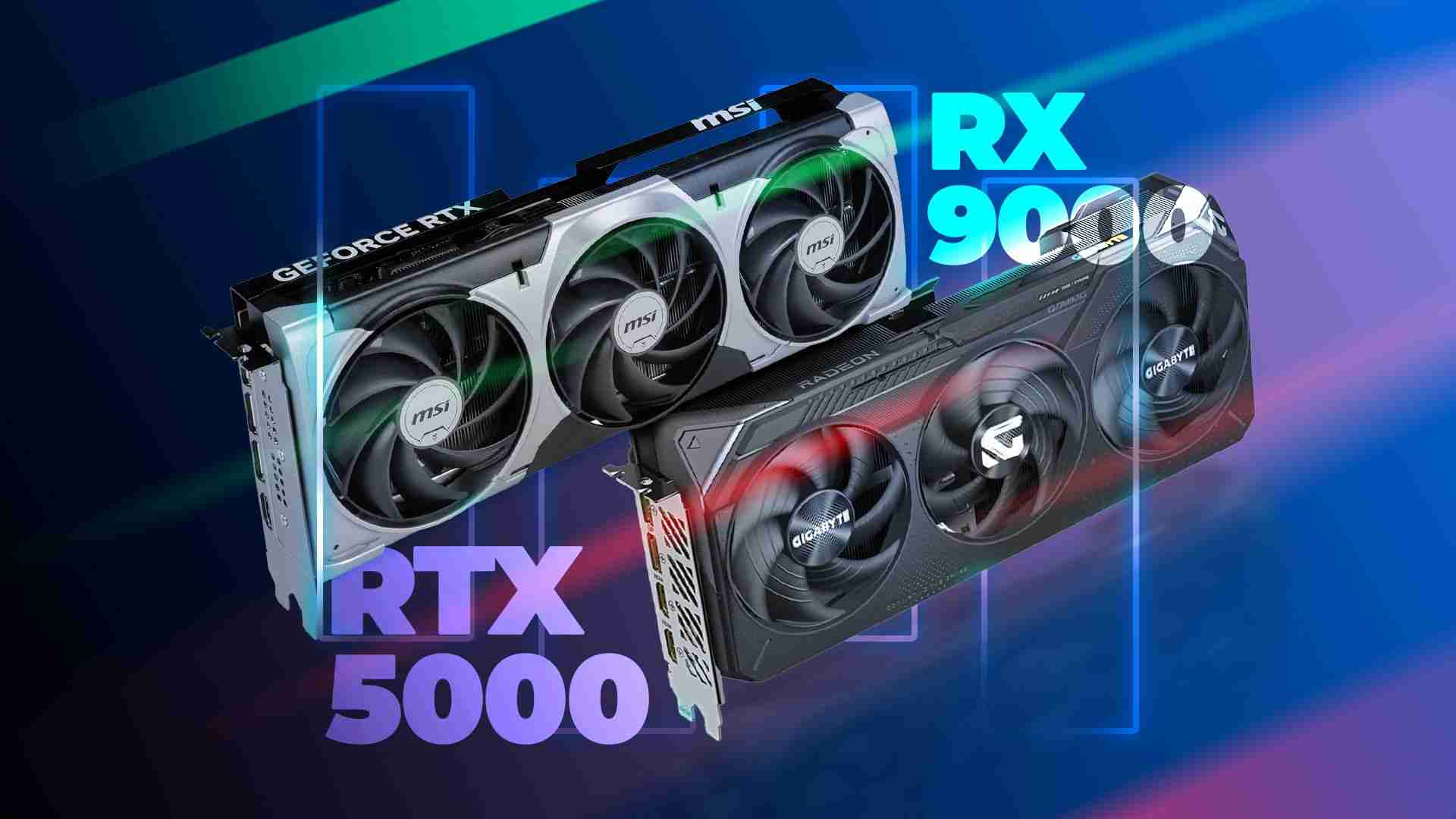
It was a system worth thousands at the time, and I had never experienced anything like it before. During this time of my life, I also had an ultra-high-end system with the i7-6800K, 64GB of DDR4, and the GTX 1080 (which was top-of-the-line when I bought it), and it wasn’t enough for me. I was never satisfied.
It wasn’t until years later that I realized I didn’t need the latest hardware as soon as it came out to enjoy gaming. I could simply enjoy it on the hardware I was currently running.
The fact of the matter is, it’s very likely your current system will play even 2025 games well on medium settings. There’s a chance you won’t be able to run 4K ultra and push over 120 FPS, but do you really need that?
My challenge to you is this: try to make your current system last as long as possible. I have a good friend of mine who ran a GTX 1080 up until a few months ago. He has two 4K 144Hz monitors, and still ran his GTX 1080. Now he has the RTX 5070 Ti, and it was a great upgrade for him.
At the end of the day, upgrade when you think you need to. I’m just trying to show you the other side of the track, where you can get a bit more life out of your current system and still be happy with your gaming experience at the same time.
Now, if you’re running a decade-old gaming system, it might be time to upgrade. Here are five tips to make building your new PC easier. Then, be sure to build your PC in this order if you want to have the smoothest experience possible.
The above is the detailed content of Stop Obsessing Over FPS—Why Good-Enough Hardware Is the Future of Gaming. For more information, please follow other related articles on the PHP Chinese website!

Hot AI Tools

Undress AI Tool
Undress images for free

Undresser.AI Undress
AI-powered app for creating realistic nude photos

AI Clothes Remover
Online AI tool for removing clothes from photos.

Clothoff.io
AI clothes remover

Video Face Swap
Swap faces in any video effortlessly with our completely free AI face swap tool!

Hot Article

Hot Tools

Notepad++7.3.1
Easy-to-use and free code editor

SublimeText3 Chinese version
Chinese version, very easy to use

Zend Studio 13.0.1
Powerful PHP integrated development environment

Dreamweaver CS6
Visual web development tools

SublimeText3 Mac version
God-level code editing software (SublimeText3)
 How to Change Font Color on Desktop Icons (Windows 11)
Jul 07, 2025 pm 12:07 PM
How to Change Font Color on Desktop Icons (Windows 11)
Jul 07, 2025 pm 12:07 PM
If you're having trouble reading your desktop icons' text or simply want to personalize your desktop look, you may be looking for a way to change the font color on desktop icons in Windows 11. Unfortunately, Windows 11 doesn't offer an easy built-in
 Fixed Windows 11 Google Chrome not opening
Jul 08, 2025 pm 02:36 PM
Fixed Windows 11 Google Chrome not opening
Jul 08, 2025 pm 02:36 PM
Fixed Windows 11 Google Chrome not opening Google Chrome is the most popular browser right now, but even it sometimes requires help to open on Windows. Then follow the on-screen instructions to complete the process. After completing the above steps, launch Google Chrome again to see if it works properly now. 5. Delete Chrome User Profile If you are still having problems, it may be time to delete Chrome User Profile. This will delete all your personal information, so be sure to back up all relevant data. Typically, you delete the Chrome user profile through the browser itself. But given that you can't open it, here's another way: Turn on Windo
 How to fix second monitor not detected in Windows?
Jul 12, 2025 am 02:27 AM
How to fix second monitor not detected in Windows?
Jul 12, 2025 am 02:27 AM
When Windows cannot detect a second monitor, first check whether the physical connection is normal, including power supply, cable plug-in and interface compatibility, and try to replace the cable or adapter; secondly, update or reinstall the graphics card driver through the Device Manager, and roll back the driver version if necessary; then manually click "Detection" in the display settings to identify the monitor to confirm whether it is correctly identified by the system; finally check whether the monitor input source is switched to the corresponding interface, and confirm whether the graphics card output port connected to the cable is correct. Following the above steps to check in turn, most dual-screen recognition problems can usually be solved.
 Want to Build an Everyday Work Desktop? Get a Mini PC Instead
Jul 08, 2025 am 06:03 AM
Want to Build an Everyday Work Desktop? Get a Mini PC Instead
Jul 08, 2025 am 06:03 AM
Mini PCs have undergone
 Fixed the failure to upload files in Windows Google Chrome
Jul 08, 2025 pm 02:33 PM
Fixed the failure to upload files in Windows Google Chrome
Jul 08, 2025 pm 02:33 PM
Have problems uploading files in Google Chrome? This may be annoying, right? Whether you are attaching documents to emails, sharing images on social media, or submitting important files for work or school, a smooth file upload process is crucial. So, it can be frustrating if your file uploads continue to fail in Chrome on Windows PC. If you're not ready to give up your favorite browser, here are some tips for fixes that can't upload files on Windows Google Chrome 1. Start with Universal Repair Before we learn about any advanced troubleshooting tips, it's best to try some of the basic solutions mentioned below. Troubleshooting Internet connection issues: Internet connection
 How to clear the print queue in Windows?
Jul 11, 2025 am 02:19 AM
How to clear the print queue in Windows?
Jul 11, 2025 am 02:19 AM
When encountering the problem of printing task stuck, clearing the print queue and restarting the PrintSpooler service is an effective solution. First, open the "Device and Printer" interface to find the corresponding printer, right-click the task and select "Cancel" to clear a single task, or click "Cancel all documents" to clear the queue at one time; if the queue is inaccessible, press Win R to enter services.msc to open the service list, find "PrintSpooler" and stop it before starting the service. If necessary, you can manually delete the residual files under the C:\Windows\System32\spool\PRINTERS path to completely solve the problem.
 How to show file extensions in Windows 11 File Explorer?
Jul 08, 2025 am 02:40 AM
How to show file extensions in Windows 11 File Explorer?
Jul 08, 2025 am 02:40 AM
To display file extensions in Windows 11 File Explorer, you can follow the following steps: 1. Open any folder; 2. Click the "View" tab in the top menu bar; 3. Click the "Options" button in the upper right corner; 4. Switch to the "View" tab; 5. Uncheck "Hide extensions for known file types"; 6. Click "OK" to save settings. This setting helps identify file types, improve development efficiency, and troubleshoot problems. If you just want to view the extension temporarily, you can right-click the file and select "Rename" and press the Esc key to exit, and the system settings will not be changed.






